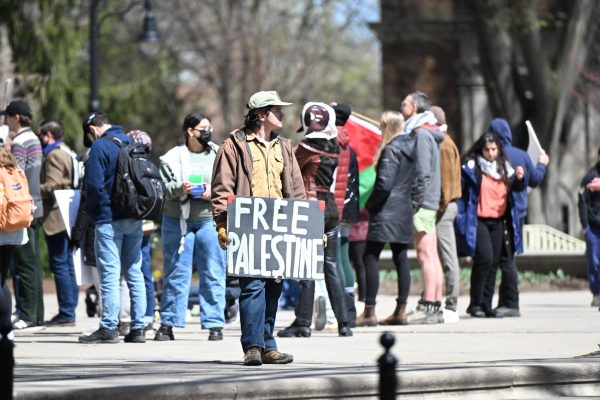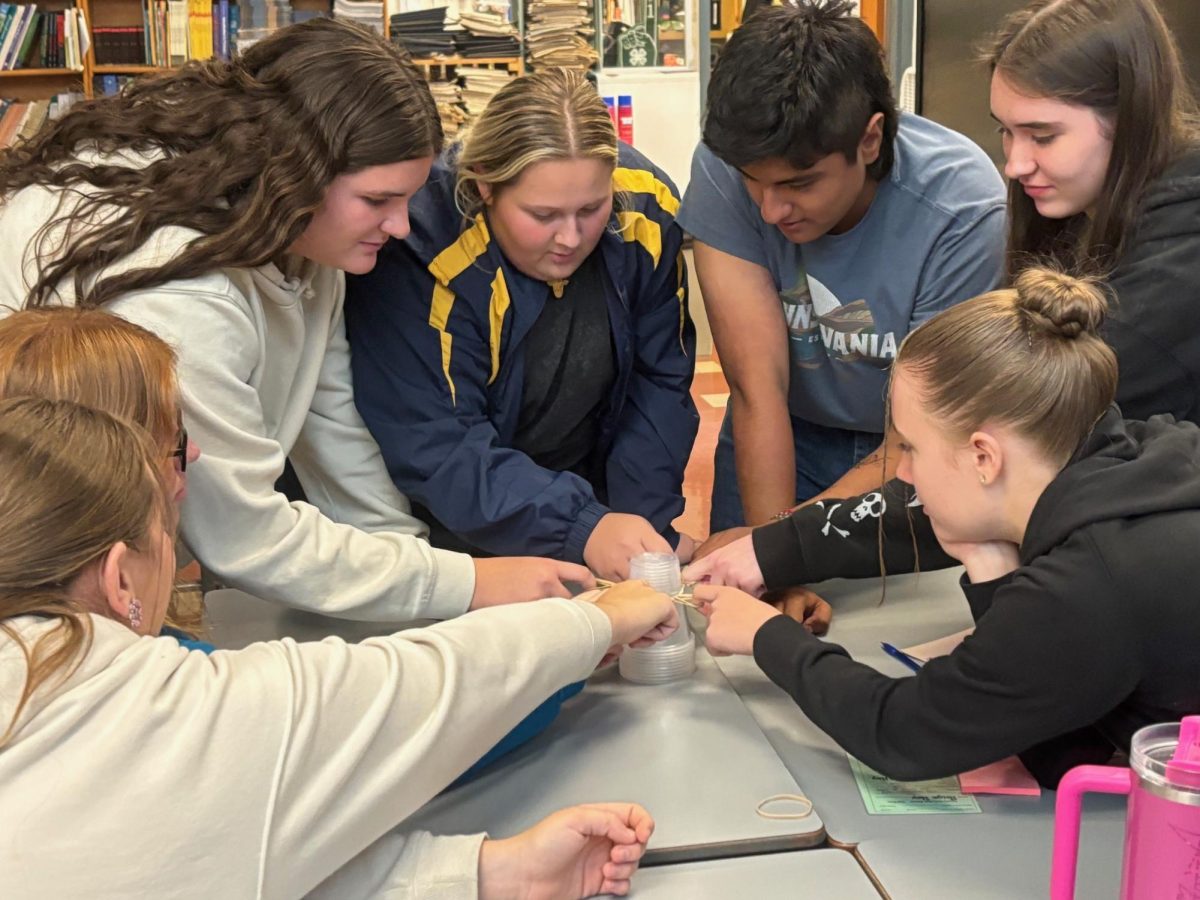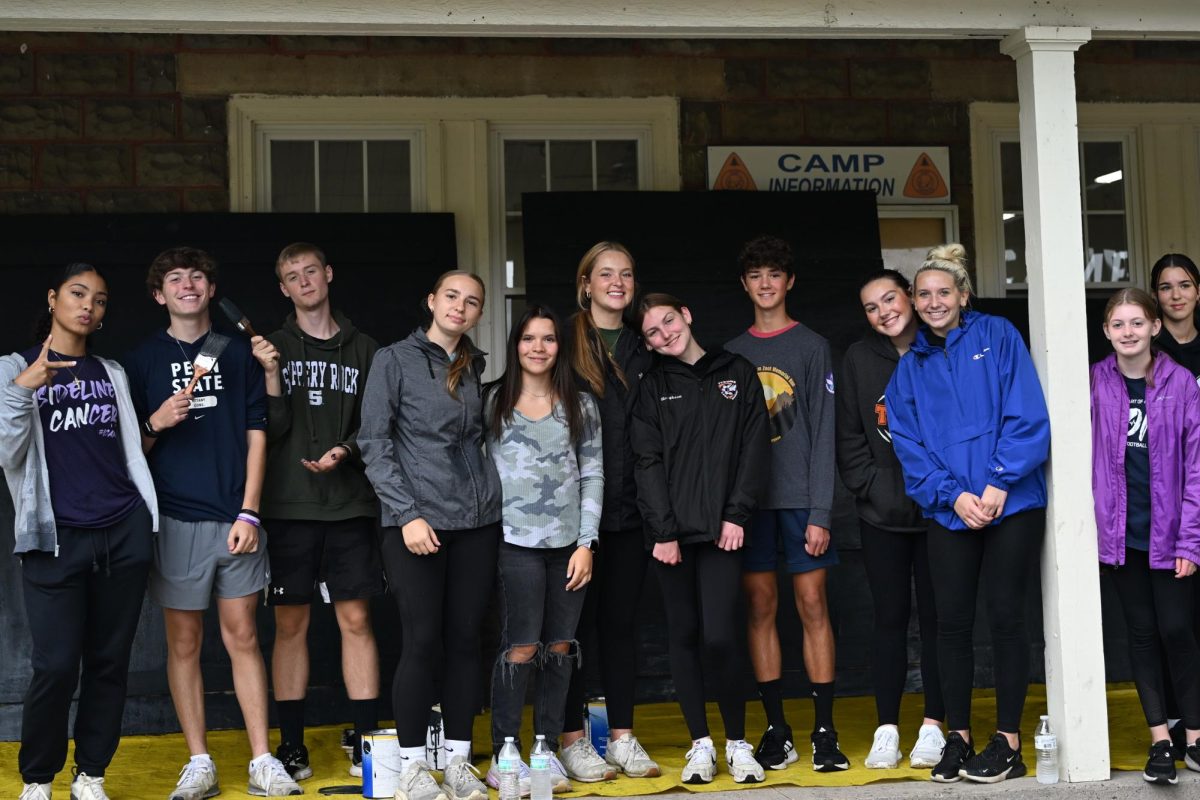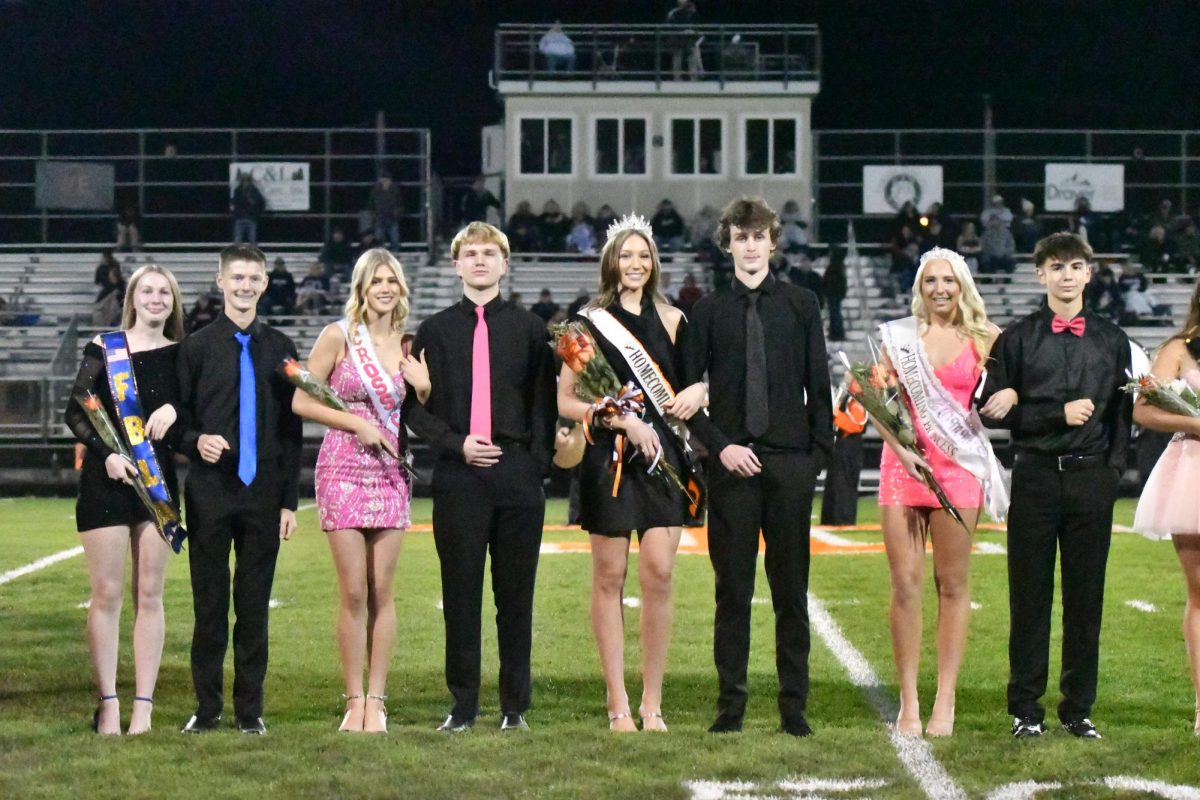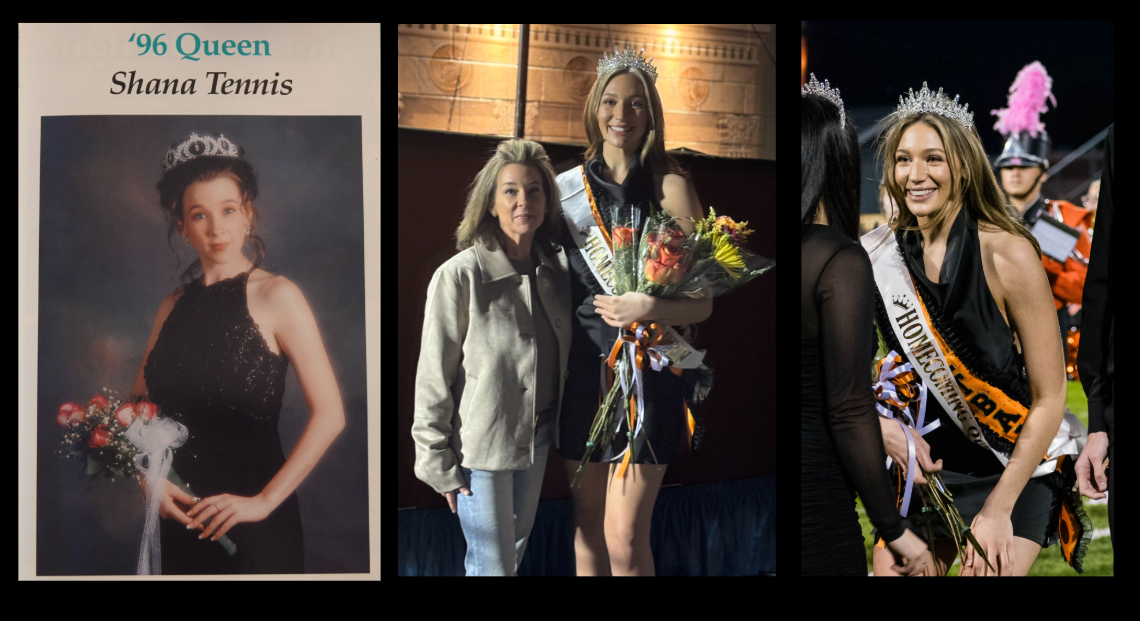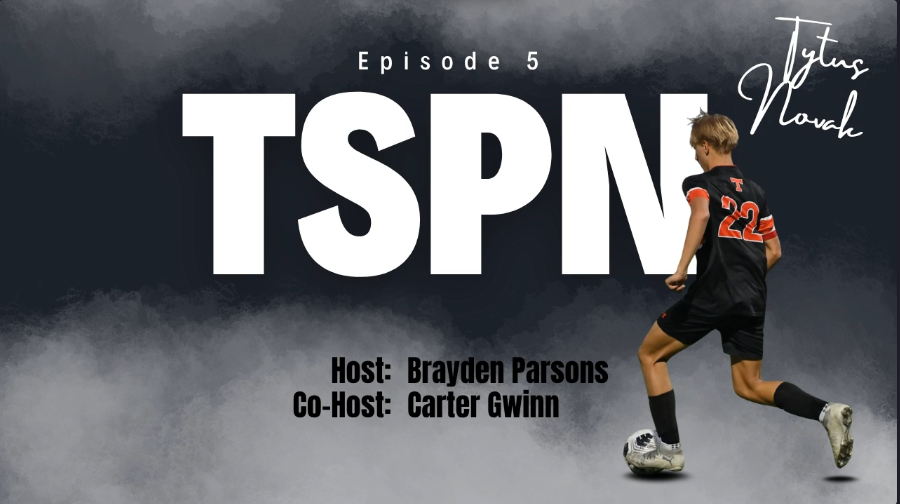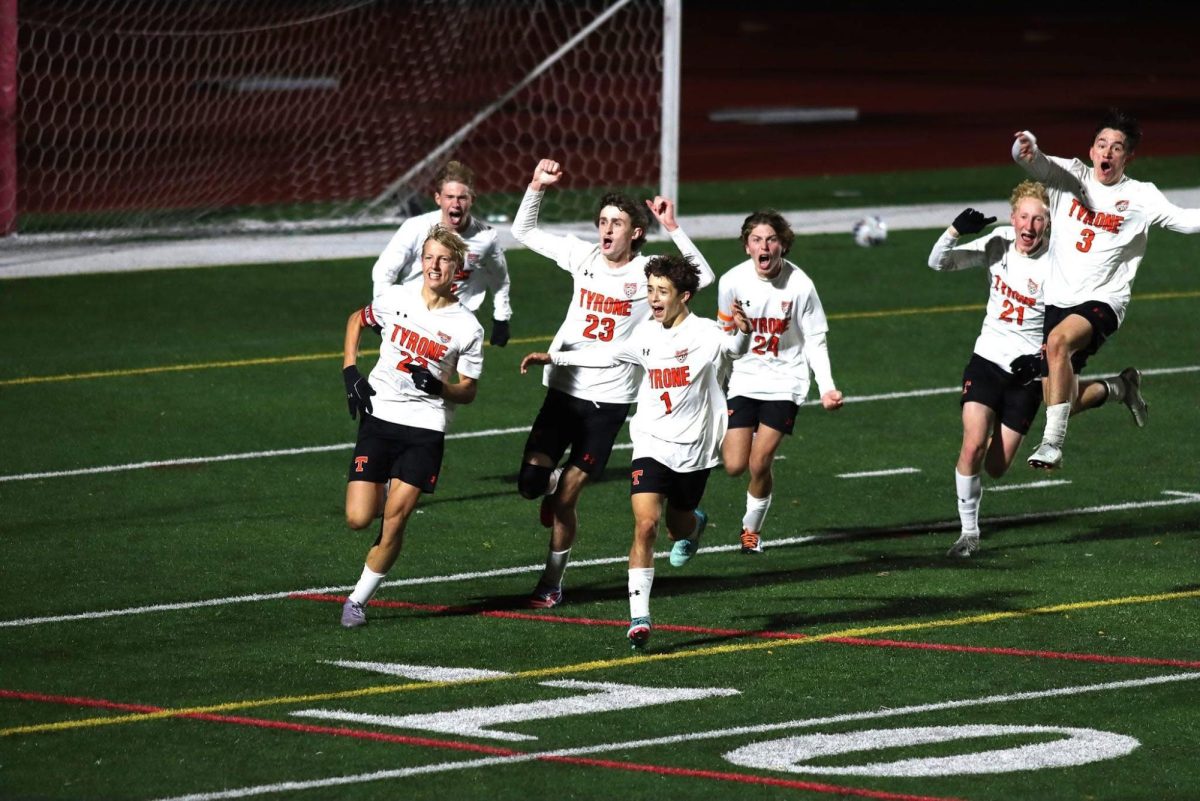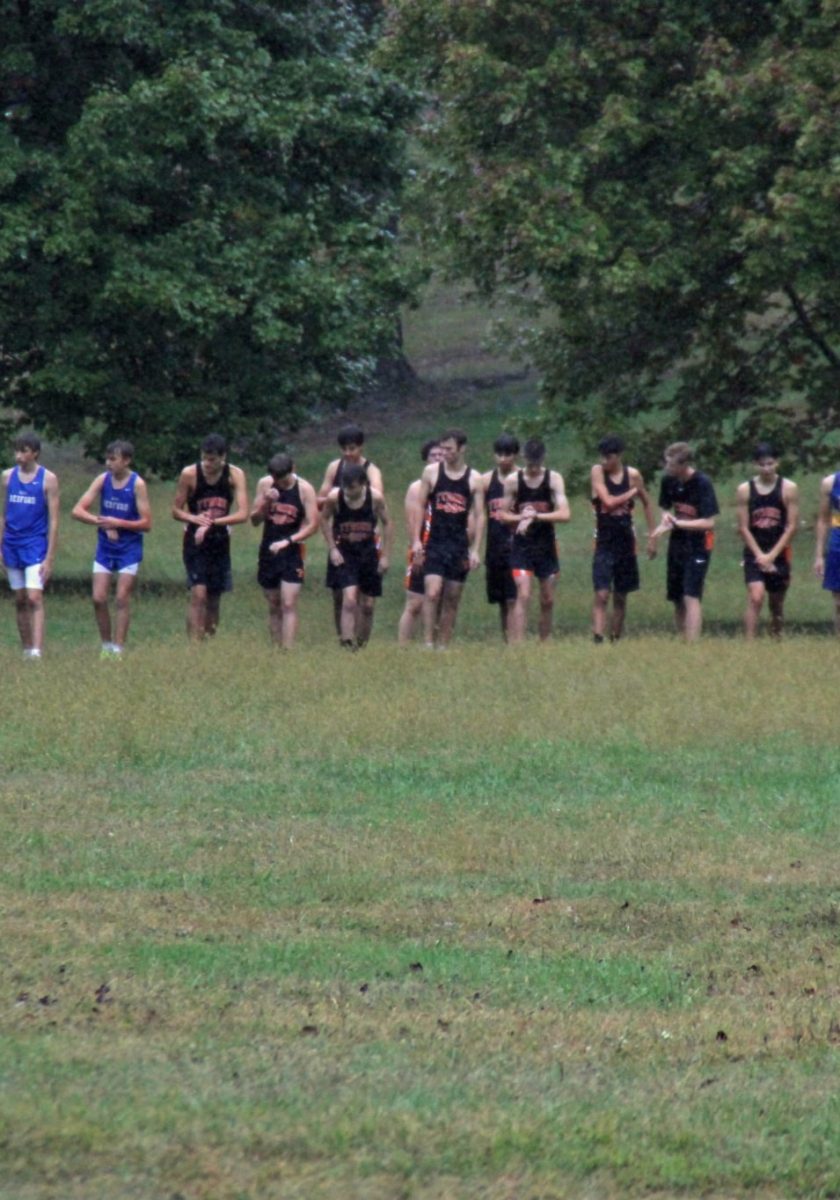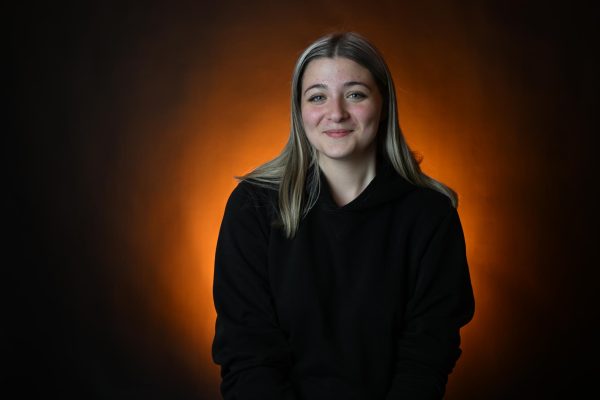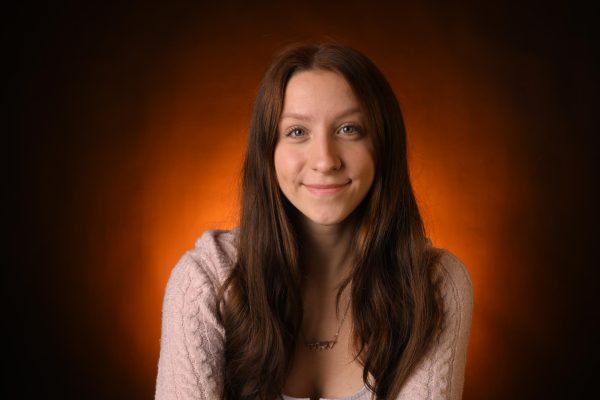The Israel-Palestine conflict is a long-standing and deeply rooted dispute over land, identity, and national sovereignty. Dating back to the early 20th century, it has been marked by violence, territorial claims, and political tensions. Opinions about the conflict have sparked protests around the world, including right here in central Pennsylvania.
Roud Daas, a Ph.D. candidate in Psychology and Women’s, Gender, and Sexuality Studies at Penn State, has led a peaceful protest on the PSU campus against the ongoing wars in Palestine on the same spot on campus every week.
“What we are doing here today is standing together as marginalized people, as oppressed people, as we are seeing attacks against all of our families,” Daas said. “We are seeing attacks against the trans community and higher education. We are seeing all of these things that we know are building a world that we don’t want to live in.”
The conflict is fueled by deep political, religious, and cultural differences, as well as competing claims to land. Over the years, it has been marked by cycles of violence, peace talks, and failed negotiations.
Daas and her group were also protesting deportations under current President Donald Trump.
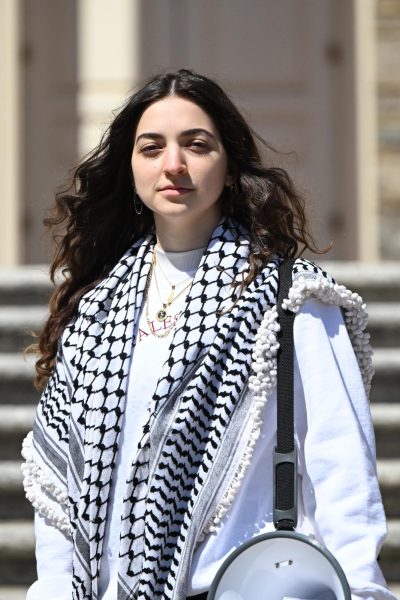
“We are seeing deportations against both the undocumented and generally immigrant communities. We are seeing deportations against students, and college students who are speaking out against a genocide,” Daas said. “This is not our future, this is not the future for any of our people. So we are here as a group of people saying that despite what they tell us, despite their attempts to silence us and to scare us, we are going to continue to stand up for a free Palestine. We are going to continue to stand up for an end to Israel’s genocide in Gaza.”
The issues seem to be something to which nobody can find a solution. While some advocate for a two-state solution of an independent Israel and Palestine, others have called for an Isreali takeover of occupied Palestinian land.
Though outnumbered by the pro-Palestinian protesters, the protest also attracted several pro-Israeli counter-protestors.
Unfortunately, as long as it remains unresolved, significant human suffering and periodic outbreaks of violence will likely continue.
In 1948, Israel declared independence, leading to a war between Israel and neighboring Arab countries. This war resulted in the displacement of hundreds of thousands of Palestinian Arabs, a key moment in the ongoing conflict.
Israel occupied the Gaza Strip and West Bank, areas that were claimed by Palestinians for their future state. Over time, the situation has led to ongoing tensions, with Palestinians seeking self-determination and Israel concerned about security.
Hamas, an Islamist militant group, emerged in the late 1980s during the First Uprising. It gained significant support, particularly in Gaza, due to its stance against Israeli occupation and its provision of social services.
Hamas and other militant groups continue to launch rocket attacks on Israel, while Israel conducts military operations in Gaza, often in response to these attacks.
In 2006, Hamas won the Palestinian legislative elections and eventually took control of the Gaza Strip in 2007.
However, as of today, Israel has gained control of over 50% of the Gaza Strip. This has led to the demolition of homes, farmland, and other organizations.
Daas and her fellow protesters would like to see a peaceful end to the violence and the recognition of a Palestinian state.



